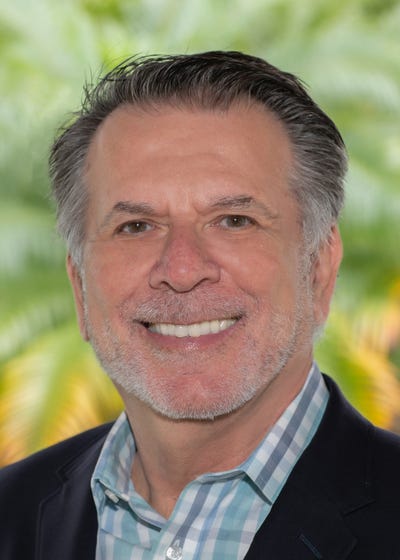What is on the Minds of DC Plan Sponsors?What is on the Minds of DC Plan Sponsors?
Most RPAs are focused on the wrong things.

After almost 500 half-day TPSU training programs, what seems to be the focus of the provider and advisor industry is not is what is important to most plan sponsors. There’s lots of research out there but there’s nothing like a 6-hour focus group where 401(k) and 403(b) plan sponsors open up not just about their top issues but also their work life.
Mid-small market plan sponsors, defined as those with $3 -$250 million or 50-2500 employees, are waking up going from unconsciously incompetent to consciously incompetent on the road to becoming consciously competent. ERISA is like Old Testament Gods – lots of rules and very unforgiving. Why should they intuitively know how to comply? They are not embarrassed nor should wealth advisors with just a few DC plans be that I call “blind squirrels”.
I start each TPSU program with three questions:
Who has no other job other than to work on their DC plan? Almost no one raises their hand;
Who has training in a field that a 1982 court case stated carries the highest fiduciary liability known to law in the world? Again, silence; and
Have any of your employees after an education or enrollment meeting asked, “Which fund should I select?” Almost everyone nods their head.
But they know that they play a critical role not just keeping their organization, and themselves, out of trouble but also because their employees need help managing what amounts to a solo defined benefit plan requiring them to determine:
How much to save;
Where to invest; and
How not to outlive their savings.
Few if any without the help of a personal financial advisor have a clue.
Fees rarely come up as an issue nor do funds while fiduciary duties, compliance, especially around SECURE 2.0, and financial wellness are almost always at the top of the list.
So here’s what I hear in the “401(k) echo chamber,” which dominates past looking industry conferences, provider events focused on their own services and products and lobbyists, that plan sponsors rarely if ever bring up along with fees and funds:
ESG funds;
Managed Accounts;
Retirement Income;
CITs;
PEPs;
Litigation; or
HSAs which require a high deductible healthcare plan.
It’s not that these issues are unimportant, it’s just that plan sponsors are not thinking or talking about them.
What they do discuss, along with compliance, fiduciary liability and wellness are:
Using benefits, especially retirement plans, to help with recruiting and retention although it is not obvious to them how to actually leverage;
Outsourcing and the roles of the various vendors like record keepers, advisors, TPAs and asset managers;
How to offer a complete and complementary benefits package that resonates with their employee population and then help each one select the right ones for them and their families;
The growing using of auto-features;
How to limit liability for their organization and work for themselves;
Education and training for themselves and their committee members;
Cybersecurity, privacy and issues around use of participant data; and
Transparency & Trust – who is conflicted and when.
The last issue is paramount. In my TPSU opening I warn plan sponsors to beware of professionals using industry jargon quoting code sections - we fine TPSU speakers $5 every time they do during the program. If their current vendor cannot explain everything in plain English, I recommend they find someone else.
I also advise them to use their common sense and if something does not sound right, such as, “Your plan is free,” or “I can take away all your fiduciary responsibility,” then walk away.
Many current RPAs who built their businesses willing to act as co-fiduciaries, which means the interest of their clients come first, are in danger of losing that hard earned trust when they offer proprietary or co-created products and services that pay them extra. They are clearly not fiduciaries for their own services and cannot conduct prudent due diligence like they do for record keepers and investments.
The current roster of 401(k) record keepers is much better than what was available ten years ago as are the RPAs, especially in the $10 million market. Competition is weeding out the weak sisters raising the level of service. But the most valuable asset RPAs have is trust which comes, in part, through transparency and unconflicted guidance which can take years to build and a minute to lose.
About the Author
You May Also Like







